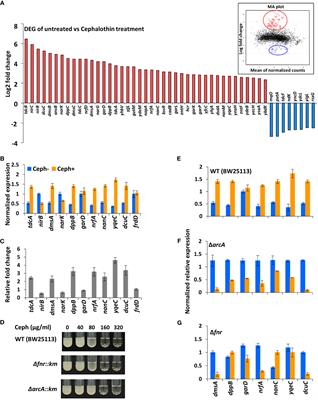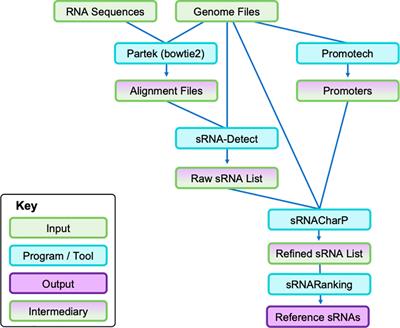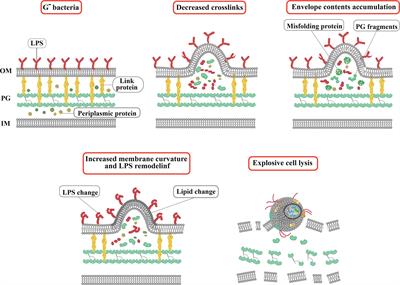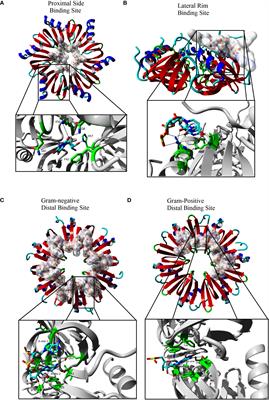EDITORIAL
Published on 13 May 2024
Editorial: Small non-coding RNAs in Gram negative bacteria
doi 10.3389/fcimb.2024.1426124
- 982 views
3,737
Total downloads
14k
Total views and downloads
EDITORIAL
Published on 13 May 2024
ORIGINAL RESEARCH
Published on 13 Mar 2024

ORIGINAL RESEARCH
Published on 12 Feb 2024

REVIEW
Published on 30 Jan 2024

REVIEW
Published on 24 Oct 2023
